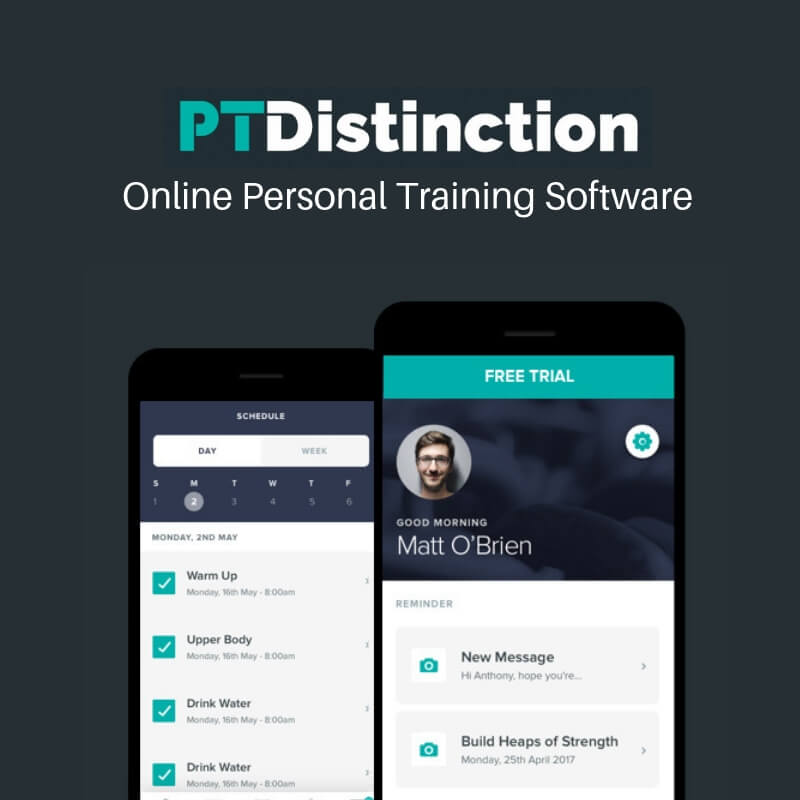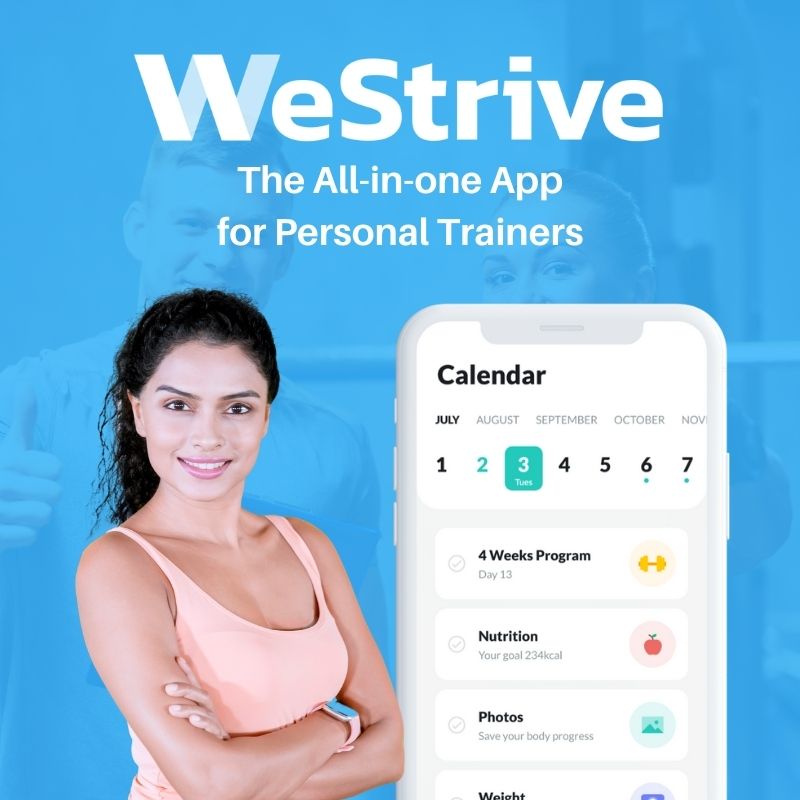If your SEO strategy doesn’t include long-tail keywords, you’re missing an opportunity to gain new customers.
Targeting long-tail keywords is one of the most surefire ways to rank your website at the top of search engine results and attract high-quality, conversion-ready organic traffic.
It’s also among the best ways to establish your authority online and position yourself as an expert in your niche. This is because long-tail keywords allow you to meet specific user needs consistently, earning your audience’s trust and loyalty. But you must know how to use them to make them work for you.
Below, we’ll explain what long-tail keywords are. We’ll also show you how to find and strategically use them to succeed online.
What Are Long-Tail Keywords?
Long-tail keywords are highly specific strings of words internet users type into search engines when looking for information, products, or services online. The length of these keywords varies, but they’re often three or more words.
People use long-tail keywords to find the best solutions to specific issues. As a result, long-tail terms tend to convert better than other types of keywords, including short-tail or head keywords. Also, most long-tail keyword phrases have low search volumes and are less popular than other keyword types.
How Do They Work?
When a user searches for a specific long-tail keyword, search engine bots crawl the web to identify the best content or blog post that matches the keyword’s search intent. They then rank the best result at the top so the user can click on it and find what they’re looking for.
If you identify these long-tail keyword opportunities and create high-quality content around them, your website will appear at the top of search rankings and become the go-to resource for these keywords.
If you identify these long-tail keyword opportunities and create high-quality content around them, your website will appear at the top of search rankings and become the go-to resource for these keywords.
Types Of Long-Tail Keywords
The two main types of long-tail keywords you can work with are supporting long-tail keywords and topical long-tail keywords.
1. Supporting Long-Tail Keywords
These are long-tail search terms with similar intent to popular searches. Ranking high for these keywords can also boost rankings for related variations.
For example, the search term ‘best healthy meal plans for weight loss’ might be a long-tail keyword. But it’s a supporting keyword of other popular keywords such as ‘healthiest meal plans for weight loss’ and ‘healthiest weight loss meal plans,’ among other relevant searches.
For example, the search term ‘best healthy meal plans for weight loss’ might be a long-tail keyword. But it’s a supporting keyword of other popular keywords such as ‘healthiest meal plans for weight loss’ and ‘healthiest weight loss meal plans,’ among other relevant searches.
The advantage of supporting long-tail keywords is that they can attract traffic from multiple variations with one resource. The disadvantage is that they have a higher keyword difficulty due to competition.
2. Topical Long-Tail Keywords
In contrast, topical long-tail keywords are original, stand-alone long-tail queries. A good example may be ‘plant-based meal plans for weight loss’. This long-tail keyword is more direct, specific, and likely easier to rank for because not many sites compete for the same keyword from different angles.
When starting, it’s best to target long-tail keywords that are topical and to the point. They are less competitive and will put you ahead of the curve faster. You can always target the supporting long-tail queries and other short-tail keywords later.
When starting, it’s best to target long-tail keywords that are topical and to the point. They are less competitive and will put you ahead of the curve faster. You can always target the supporting long-tail queries and other short-tail keywords later.
Why Are Long-Tail Keywords Important?
For website owners and other SEO experts, these long-tail keyword ideas are gems for several crucial reasons:
1. Easy To Target
Because they’re highly specific, the user’s search intent for most long-tail keywords is more straightforward than other keyword types. You can quickly tell what type of content works best for each keyword’s search intent and create the best content to match and outrank the top-ranking pages for the keyword.
2. Easy To Rank For
Most website owners prefer targeting popular keywords with high search volumes because of the high numbers. This leaves long-tail keywords with little to no competition. The lower the keyword competition, the easier you'll rank high in organic search results.
3. High Conversion Rates
Searchers using long-tail search terms are often ready to take the necessary action to solve their problem – whether it involves buying a product, filling out a form, or making a call. They need little convincing to become well-paying customers.
4. Low Pay Per Click (PPC)
Due to their relatively low search volume, long-tail keywords cost less per click on paid ad platforms like Google Ads.
If you target these search queries on Google Ads, you’ll likely get more value for your money than targeting high-volume keywords. However, you’d need a few long-tail keywords to get the same traffic one high-search volume head term provides. So consider this and target the best long-tail keyword combination to get the highest ROI if you choose this route.
If you target these search queries on Google Ads, you’ll likely get more value for your money than targeting high-volume keywords. However, you’d need a few long-tail keywords to get the same traffic one high-search volume head term provides. So consider this and target the best long-tail keyword combination to get the highest ROI if you choose this route.
How To Find Long-Tail Keywords
Here are a few ways to identify the best long-tail keywords for your niche.
1. Use Keyword Research Tools
Using keyword research tools is the most straightforward method for finding long-tail keyword ideas. You enter your seed keyword in the search field within a tool and click Search. Then, analyze the results manually or use the filter options to select the most relevant keywords.
Some of the best keyword tools for identifying topical long-tail keywords are Wordtracker and KWFinder.com by Mangools. Also, consider using Answer The Public to find question-focused long-tail keywords.
2. Use Google Search Engine
Google is a massive resource for long-tail keyword research. You can find long-tail keywords on Google in the following ways:
- Check the ‘Related Searches’ section. Search for your head keyword, then check the bottom part of Google’s search results for the keyword. You’ll find several long-tail keyword ideas in this section.
- Check the ‘People Also Ask’ box in Google’s search results after searching for a head keyword. You’ll identify several question-based long-tail search terms this way.
- Use Google’s autocomplete feature. To do this, enter a broad keyword on Google search, then analyze the suggestions it offers as it tries to complete your search. Or, enter the broad keyword and a letter to find more keyword recommendations, e.g., personal training a-, personal training b-, etc.
- Use Google Keyword Planner and Google Trends. Both tools can reveal unique long-tail keywords you won’t find in other keyword tools.
- Use Google Search Console. This tool can reveal long-tail variations of keywords you’re already ranking for to help you optimize your pages further. You’ll find these keyword suggestions in the tool’s ‘search traffic’ section under the ‘search analytics’ bit.
3. Use Forums And Boards
Searching for long-tail keywords on forums your target audience frequents will help you identify various long-tail search terms you’re sure will attract the right audience.
You most likely know a few forums related to your fitness niche. If not, use any of the following search strings to find forums where your target audience is active:
Once you find a few forums, analyze the titles of their latest threads to identify the topics your target audience is interested in and keyword ideas to match. Also, check the words and phrases members use in the most relevant threads you identify.
You most likely know a few forums related to your fitness niche. If not, use any of the following search strings to find forums where your target audience is active:
- [Keyword] + forum
- [Keyword] + board
- [Keyword] + discussions, e.g., fitness discussions
Once you find a few forums, analyze the titles of their latest threads to identify the topics your target audience is interested in and keyword ideas to match. Also, check the words and phrases members use in the most relevant threads you identify.
4. Use Question-And-Answer Sites
Popular Q&A websites, like Quora, are another helpful resource for identifying unique long-tail keywords and topic ideas to help you attract targeted search traffic.
With Quora, you must create an account before searching for your seed keyword and analyzing its results to pick the best keywords.
Combine these methods during your long-tail keyword research process to learn more about the keywords you identify and choose which ones to prioritize.
For example, you can take keyword suggestions from Quora or other forums and search for them in keyword tools to understand their keyword difficulty, competition, and CPC. With this info, you can narrow down the specific long-tail keywords to focus on first.
The best long-tail keyword strategy should include phrases with a relatively low search volume but high relevance to your fitness niche.
Using Long-Tail Keywords
Once you have a list of well-thought-out long-tail keywords, use them correctly in the following ways:
1. Create High-Quality, Helpful Content Around Your Target Keyword
The most significant tip to remember is to ensure your content meets the user’s search intent. Your blog post won’t rank well on search engines if it doesn’t satisfy a particular keyword’s search intent.
So, taken from the Quora suggestions, an article titled "What is the best weight loss diet?" in which you explore the options and then share your conclusions and advice is a good idea.
So, taken from the Quora suggestions, an article titled "What is the best weight loss diet?" in which you explore the options and then share your conclusions and advice is a good idea.
2. Optimize Your Content For Search Engines
Content optimization requires you to incorporate long-tail keywords strategically throughout your blog post. This includes placing your long keyword naturally in your post’s title, header tags, first paragraph, and throughout the post.
Since long-tail keywords are long, they may not always fit naturally into your posts. In such cases, adjust the terms to make them fit in naturally. Think of supporting long-tail keywords. Google is smart, is able to understand context and synonyms as well.
Always prioritize readability, ensuring your message is clear above anything else. Don’t force the keywords into your blog post. Check out our other guides on Blog SEO for personal trainers and simple SEO tricks to learn more about optimizing your content for search engines.
Since long-tail keywords are long, they may not always fit naturally into your posts. In such cases, adjust the terms to make them fit in naturally. Think of supporting long-tail keywords. Google is smart, is able to understand context and synonyms as well.
Always prioritize readability, ensuring your message is clear above anything else. Don’t force the keywords into your blog post. Check out our other guides on Blog SEO for personal trainers and simple SEO tricks to learn more about optimizing your content for search engines.
3. Create Topic Clusters
Organize your site’s content into clusters of topically similar blog posts. Doing this makes it easy for search engines to crawl your site and humans to find info easily. It helps boost your search engine rankings while increasing engagement, making your target customers stay on your site longer.
Final Thoughts
Using long-tail keywords strategically is like creating a bridge for your target customers to reach you.
If you find relevant long-tail keywords and target them effectively, you’ll earn the trust of both Google and your target audience. With this, the sky will be the limit for your fitness venture because the benefits of gaining the trust of both parties are cyclic.
The more Google trusts your site as an expert resource, the higher you’ll rank among the top-ranking pages, and the more your target customers will trust you. And when more people trust and visit your site, Google will keep ranking you high. This way, you'll always have customers, and your business will flourish.
If you find relevant long-tail keywords and target them effectively, you’ll earn the trust of both Google and your target audience. With this, the sky will be the limit for your fitness venture because the benefits of gaining the trust of both parties are cyclic.
The more Google trusts your site as an expert resource, the higher you’ll rank among the top-ranking pages, and the more your target customers will trust you. And when more people trust and visit your site, Google will keep ranking you high. This way, you'll always have customers, and your business will flourish.



















